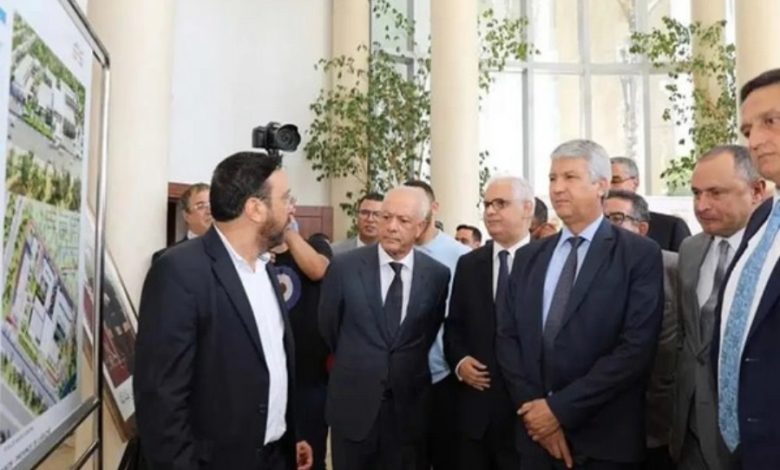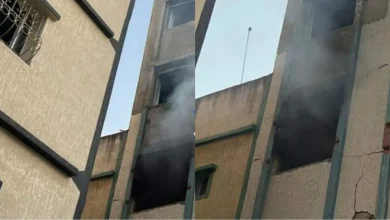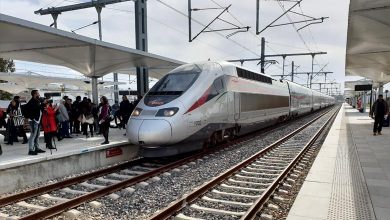Sadiki: “Morocco has adopted a proactive policy to improve water efficiency”

Hibapress
Faced with climate change which affects water resources and agricultural production, Morocco has adopted a proactive policy to improve water efficiency, said Friday in Casablanca, the Minister of Agriculture, Maritime Fisheries, Rural Development and Water and Forests, Mohamed Sadiki.
Speaking at a conference under the theme “Water and food security: Resilience and sustainability”, organized as part of the conference-debate cycle of the Center for Legal, Economic and Social Research (Links), Mr. Sadiki said that structuring public investments are undertaken for the development of water supply and demand management, in the service of the Kingdom’s food sovereignty.
The minister cited, in this regard, the construction of new dams, the interconnection of hydraulic basins (Sebou-Bouregreg-Oum Rbia-Tensift, Loukkos-Tangérois), and the development of desalination.
Recalling the launch, last Monday, by HRH Crown Prince Moulay El Hassan of the construction of the Casablanca desalination station, the largest in Africa, Mr. Sadiki explained that the seawater desalination program will allow to reduce pressure on conventional water resources and release these resources to consolidate the achievements of irrigated agriculture, particularly in irrigated areas threatened by water shortage.
Stressing that water governance plays a determining role in strengthening food sovereignty, the minister placed emphasis on accelerating the implementation of the National Program for Drinking Water Supply and Irrigation. (PNAEPI) (2020-2027) and the Generation Green strategy (2020-2030).
He announced, in this context, that the PNAEPI plans an exceptional investment effort of 165 billion dirhams (billion dirhams), while the Generation Green strategy aims to establish resilient and efficient agriculture for a total investment of 50 billion dirhams. , and this through the modernization of irrigation systems, the development of irrigation using unconventional waters, the valorization of water resources mobilized by dams and the development of small irrigated agriculture.
Shedding light on the results of actions undertaken in terms of water saving, Mr. Sadiki recalled that at the end of 2023, an area of 824,000 ha was already under localized irrigation (50% of the irrigated area), with the objective of reaching one million hectares of localized irrigation by 2030.
Regarding measures aimed at developing resilient and eco-efficient agriculture, the Minister noted, among other things, investment in water and energy efficiency, support for the energy transition of farmers towards renewable energy (Biomass, solar, etc.), soil preservation and cropping systems adapted to ensure resilience and sustainability.
In a statement to the press, Youssef Bouanani, economist at the Links Foundation, highlighted the importance of this conference hosted by Mr. Sadiki, indicating that the objective is to connect students with those around them, with socio-economic environment of the country to have a general culture that goes beyond the theoretical framework of their studies.
Concerning the choice of the theme “Water and food security: Resilience and sustainability”, Mr. Bouanani noted that the country’s agricultural policy is essential, being current in particular due to the water stress that we are experiencing and the new water management policy advocated by the Kingdom.
The Links University Foundation, chaired by the former minister and ambassador of Morocco to France, Mohamed Berrada, has the mission of promoting scientific research in legal, economic and social sciences and of encouraging entrepreneurship and innovation. It also aims to be a forum for reflection on the major issues of the national and international economy.







